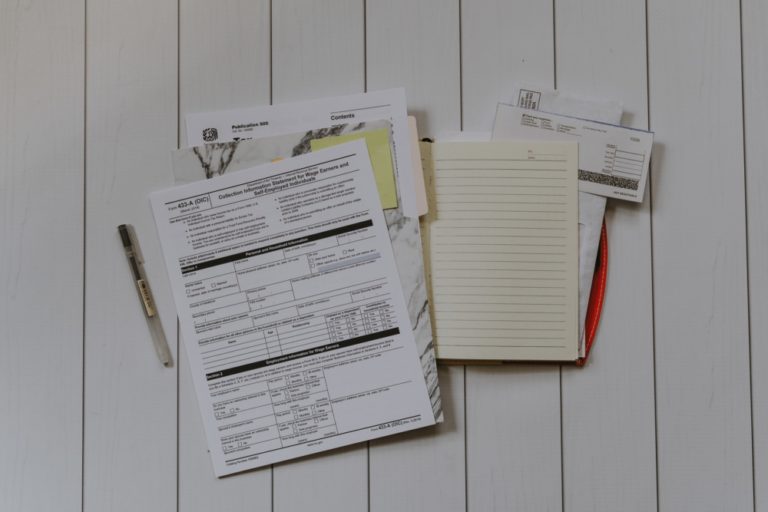
Most of your assets may be liquidated and given away throughout your bankruptcy proceedings. So you may be awaiting your incoming tax refund in the hope that it can be used for your pressing needs. However, this refund may be taken away as well. Read on to discover whether you can keep your tax refund after a bankruptcy filing and how a seasoned Rockland County bankruptcy attorney at The Law Offices of Allen A. Kolber, Esq. can work to protect your assets throughout.
Am I able to keep my tax refund if I file for bankruptcy?
Put simply, you may be unable to keep your tax refund after filing for bankruptcy. This is regardless of whether you have yet to receive this refund on your filing date. This is because the New York bankruptcy court may view your overpaying of necessary taxes, and ultimately receiving a refund, similar to storing extra money in a checking or savings account. The only difference here is that you are instead storing your money with the IRS.
Rather, your tax refund may automatically become part of your bankruptcy estate. Essentially, your bankruptcy estate is made up of all the legal and equitable interests in the property you currently own. From here, your bankruptcy trustee oversees and manages this property, and may make decisions to sell it to pay back your unsecured creditors.
More specifically, the tax refund you receive for the income you earned before your bankruptcy filing may be part of your bankruptcy estate. Examples read as follows:
- If you file for bankruptcy in March 2023 and file taxes for the tax year 2022: you may receive a tax refund in May 2023, which should become part of your estate.
- If you file for bankruptcy in June 2023 and file late taxes for tax years 2022, 2021, and 2020: you may receive late tax refunds in August 2023, which should become part of your estate.
What else is part of my bankruptcy estate?
In addition to your tax refund, other property may become part of your bankruptcy estate. They are as follows:
- Assets that you own but that are not in your direct possession (i.e., a security deposit for your rented apartment).
- Assets that you are entitled to receive (i.e., unpaid commissions earned before your bankruptcy filing date).
- Your revenues from your estate property (i.e., profits from your investment rental property).
- Your rights to inheritances you received within six months of your bankruptcy filing date.
- Your rights to intellectual property (i.e., copyrights, patents, and trademarks).
Regarding your bankruptcy petition, there is no time like the present to get started. So please reach out to a competent Rockland County bankruptcy attorney from The Law Offices of Allen A. Kolber, Esq. at your earliest possible convenience.






